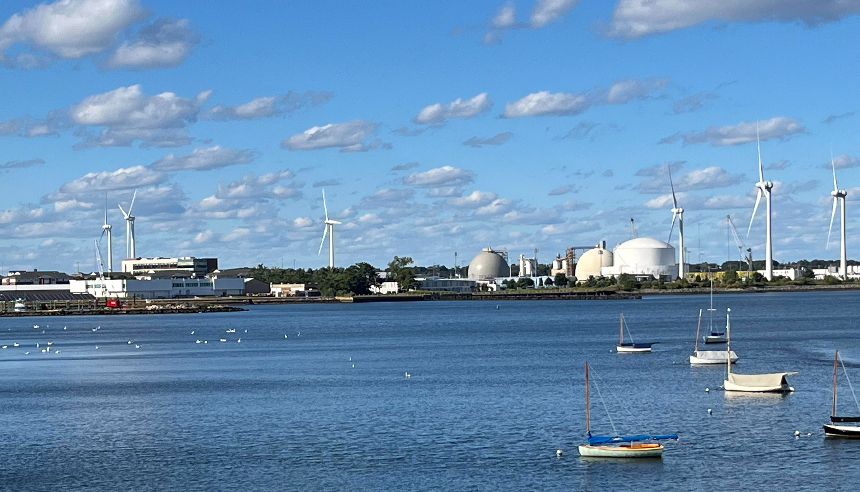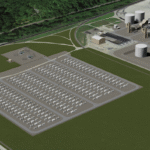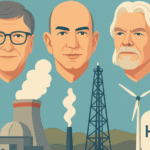How Can Communities Help Deploy Clean Energy & Build Up Local Economies?
The Importance of Clean Energy
As the world grapples with the challenges of climate change, clean energy has become a crucial element in the fight against rising temperatures and pollution. With the adoption of renewable energy sources such as solar, wind, and hydro, communities can reduce their reliance on fossil fuels and promote sustainable development.
Building Local Economies through Clean Energy
Deploying clean energy not only benefits the environment but also has positive impacts on local economies. Here are some ways in which communities can help deploy clean energy and build up local economies:
Creating Jobs and Businesses
One of the most significant ways in which clean energy benefits local economies is by creating jobs and businesses. A report by the International Renewable Energy Agency (IRENA) estimates that the global renewable energy sector could create over 24 million jobs by 2030, up from 11.5 million in 2020.
Certification and Training Programs
Communities can establish certification and training programs to equip locals with the skills needed to work in the clean energy sector. This can range from training programs for electricians and installers to certifications for solar panel engineers.
Economic Multipliers
Clean energy installations can have a significant multiplier effect on local economies, creating demand for goods and services that benefit local businesses. For example, wind farms require the construction of access roads, which create jobs for local contractors.
Local Business Opportunities
Communities can also leverage clean energy projects to stimulate local businesses. For example, solar farms can power local agricultural operations, which can in turn create job opportunities and stimulate local commerce.
Stimulating Local Investment
Clean energy projects can also attract foreign investment to local communities. Renewable energy projects can benefit from tax credits, subsidies, and other incentives that make them more attractive to investors.
Promoting Community Engagement
Communities can promote engagement and public awareness of clean energy initiatives through educational programs, town hall meetings, and outreach campaigns. This can encourage local residents to participate in the decision-making process and promote community ownership of renewable energy projects.
Encouraging Behavioral Change
Finally, communities can play a crucial role in encouraging behavioral change among residents and businesses. By promoting sustainable practices such as energy efficiency, energy conservation, and sustainable transportation, communities can reduce their carbon footprint and create a culture of environmental stewardship.
Conclusion
In conclusion, clean energy has the potential to benefit both the environment and local economies. By establishing certification and training programs, creating economic multipliers, stimulating local investment, promoting community engagement, and encouraging behavioral change, communities can help deploy clean energy and build up local economies. It is essential for governments, businesses, and community leaders to work together to promote sustainable development and environmental stewardship.
FAQs
Q: What are some of the benefits of community-based clean energy initiatives?
A: Community-based clean energy initiatives can create jobs, stimulate local economies, promote sustainability, and reduce carbon footprint.
Q: How can communities benefit from renewable energy projects?
A: Communities can benefit from renewable energy projects by creating economic multipliers, attracting foreign investment, and promoting job creation and training programs.
Q: What are some of the challenges facing community-based clean energy initiatives?
A: Some of the challenges facing community-based clean energy initiatives include opposition from local residents, logistical challenges, and lack of funding and resources.
Q: What is the role of community engagement in promoting clean energy initiatives?
A: Community engagement plays a crucial role in promoting clean energy initiatives by raising public awareness, encouraging public participation, and promoting education and training programs.


.png?w=150&resize=150,150&ssl=1)



.png?w=150&resize=150,150&ssl=1)
